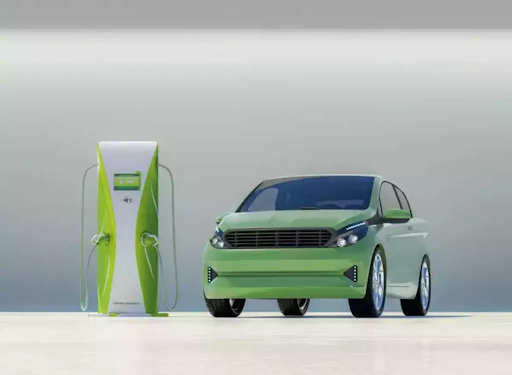Kenya Power, the leading electric utility company in Kenya, has set a bold objective to transition its fleet of vehicles to electric power over the next four years. This move signals a significant step towards sustainability and environmental conservation in the transportation sector.
Kenya Power’s Green Initiative
In a bid to reduce carbon emissions and promote cleaner transportation alternatives, Kenya Power has announced plans to convert its entire fleet of 2,000 vehicles to electric power. This initiative aligns with the company’s commitment to environmental stewardship and energy efficiency.
The Push for Electric Vehicles
The decision to transition to electric vehicles (EVs) reflects a global trend towards sustainable transportation solutions. With concerns about climate change and air pollution on the rise, many countries and organizations are increasingly turning to EVs as a cleaner alternative to traditional gasoline-powered vehicles.
Benefits of Electric Vehicles
Electric vehicles offer numerous benefits over their conventional counterparts. They produce zero tailpipe emissions, reducing air pollution and improving air quality in urban areas. Additionally, EVs are more energy-efficient and cost-effective to operate, making them an attractive option for businesses and individuals alike.
Kenya Power’s Commitment to Sustainability
By converting its fleet to electric power, Kenya Power is demonstrating its commitment to sustainability and environmental conservation. The move not only reduces the company’s carbon footprint but also sets a positive example for other organizations in the region to follow suit.
Investing in Infrastructure
In addition to converting its vehicles to electric power, Kenya Power is also investing in the necessary infrastructure to support electric mobility. This includes installing charging stations at various locations across the country to ensure convenient access for EV owners.
Collaboration and Partnership
Kenya Power’s ambitious plan to transition to electric vehicles requires collaboration and partnership with various stakeholders, including government agencies, private sector entities, and civil society organizations. By working together, these stakeholders can overcome challenges and accelerate the adoption of electric mobility in Kenya.
A Step Towards a Greener Future
The conversion of Kenya Power’s fleet to electric power is a significant step towards a greener and more sustainable future for the country. By embracing electric vehicles, Kenya can reduce its reliance on fossil fuels, mitigate climate change, and create a cleaner environment for future generations.
Conclusion
Kenya Power’s decision to convert its fleet of vehicles to electric power demonstrates its leadership in promoting sustainable transportation solutions. By embracing electric mobility, the company is not only reducing its environmental impact but also setting a positive example for others to follow. With continued investment in infrastructure and collaboration among stakeholders, Kenya is well-positioned to lead the transition towards a cleaner, greener transportation sector.




